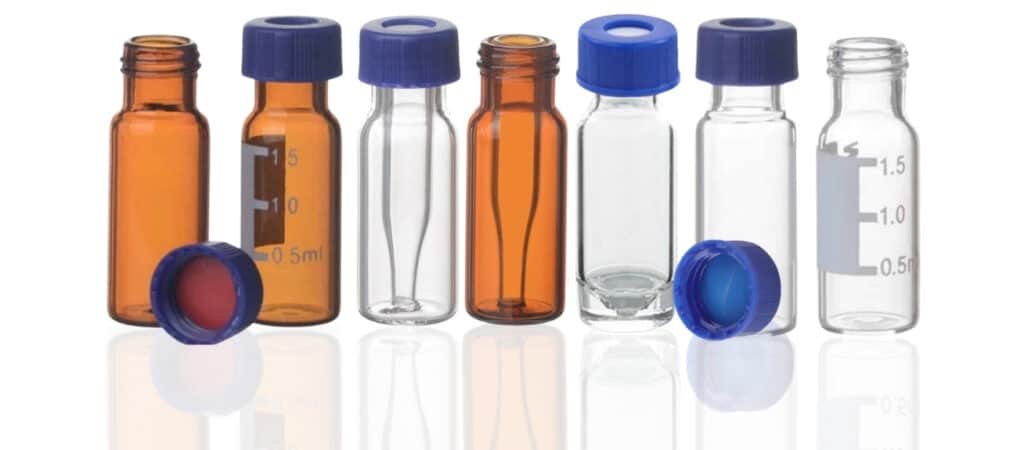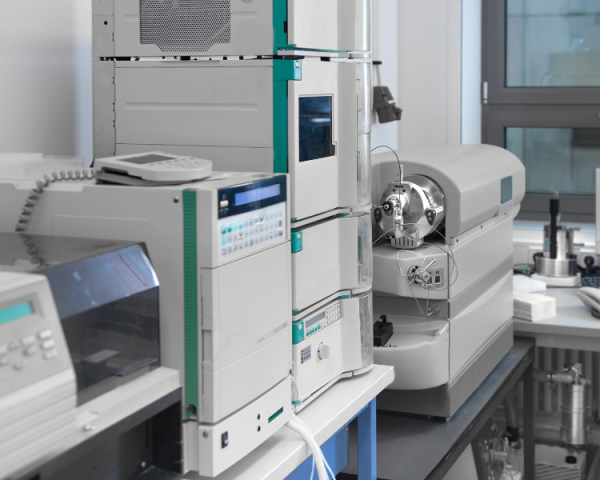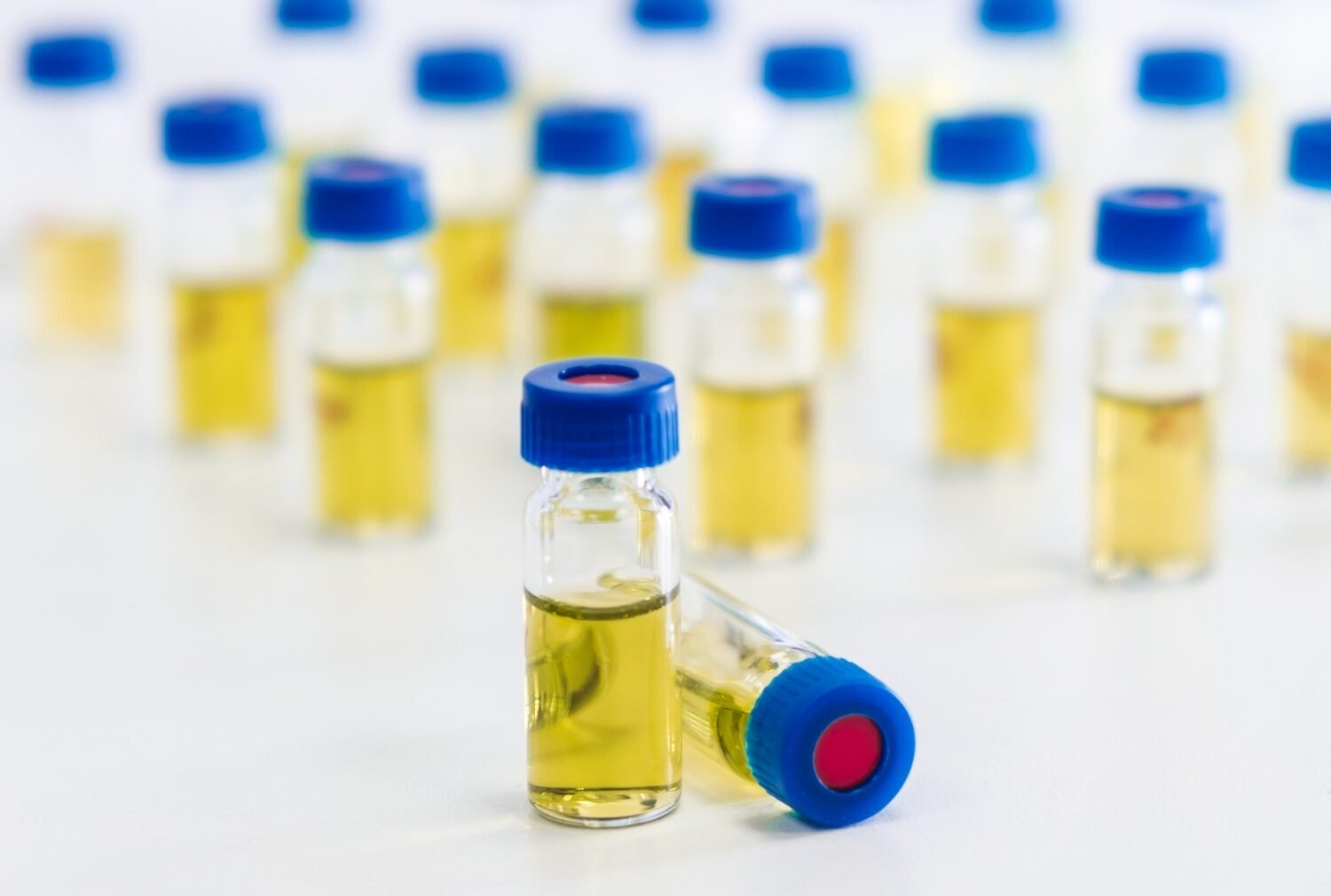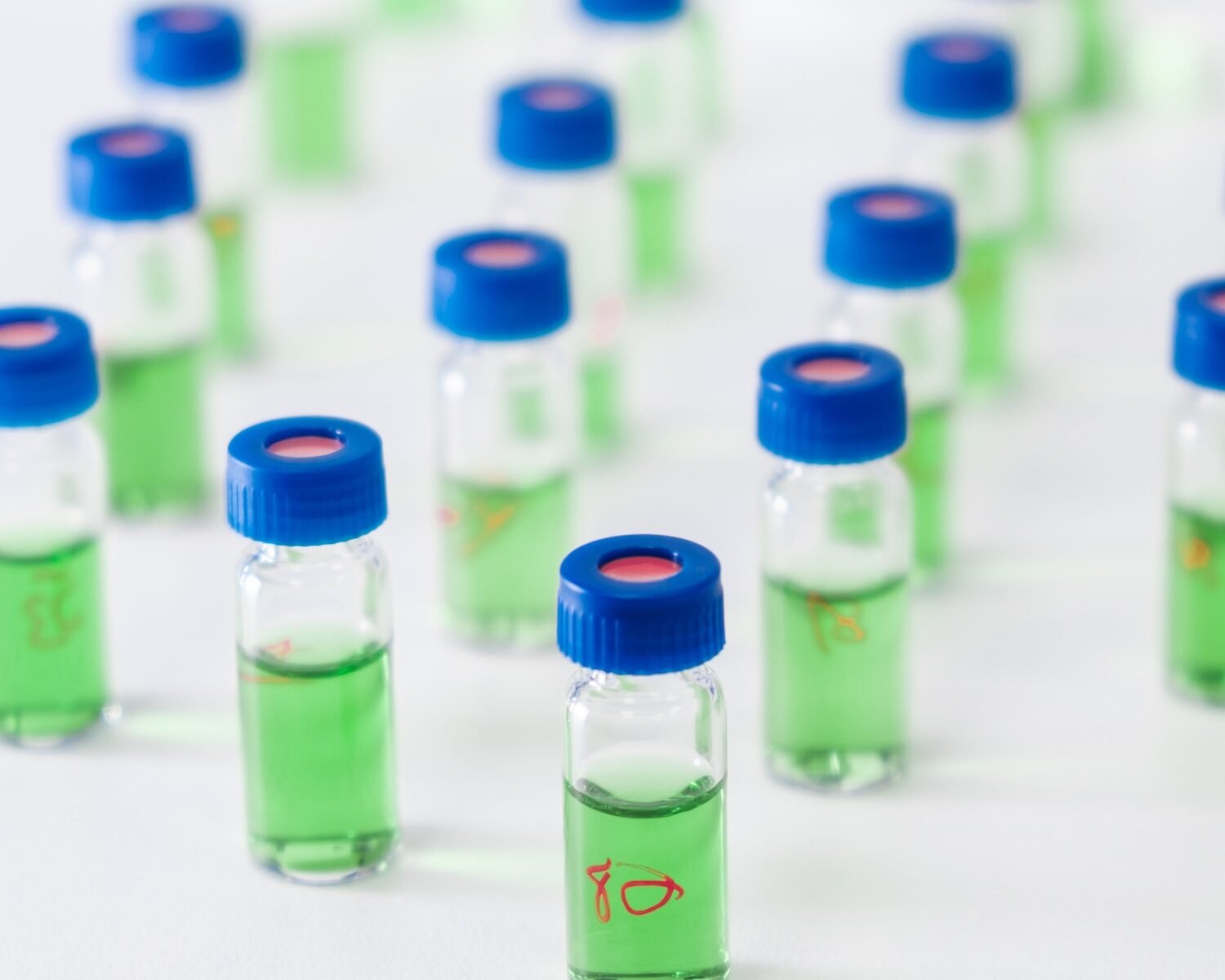Gas chromatography (GC) is a powerful analytical technique used in laboratories worldwide. But is it always the best option? Let’s explore the limitations of gas chromatography and see if it’s the right fit for your needs.
Introduction
Gas chromatography has become a go-to method for separating and analyzing volatile compounds. It’s widely used in various fields, from pharmaceuticals to environmental analysis. But like any tool, it has its limitations. In this article, we’ll delve into the scenarios where GC might not be the best choice and consider alternatives.

Understanding Gas Chromatography
Before we jump into the limitations, let’s briefly review how gas chromatography works. In GC, a sample is vaporized and carried by an inert gas through a column. Different components of the sample separate based on their interaction with the column’s stationary phase. Finally, these components are detected and analyzed.
Advantages of Gas Chromatography
- High Sensitivity: GC can detect trace levels of compounds.
- Fast Analysis: It offers quick separation of components.
- Versatility: GC is applicable to a wide range of volatile and semi-volatile compounds.
Limitations of Gas Chromatography
Despite its advantages, GC is not without its drawbacks. Have you ever faced challenges with gas chromatography in your lab? Here are some common limitations that might make you reconsider its use.
Limited to Volatile Compounds
Gas chromatography is limited to analyzing volatile and semi-volatile compounds. Non-volatile substances or those that decompose upon heating cannot be analyzed using GC. Have you ever struggled with a compound that just wouldn’t work with GC?
Thermal Decomposition
Some compounds may decompose when heated during the GC process. This can lead to inaccurate results or complete failure to detect certain compounds. Have you ever lost valuable data due to thermal decomposition in GC?
Complex Sample Preparation
GC often requires complex sample preparation, especially for non-volatile substances. Derivatization may be needed to make a compound suitable for GC analysis, which can be time-consuming and may introduce errors. Do you find the sample prep for GC to be a hassle?
Cost and Accessibility
High-quality gas chromatography equipment is expensive, and maintaining it can be costly as well. Not all labs have the budget to invest in GC systems, and this can limit access to the technique. Have you found the cost of GC equipment to be a barrier?
Alternatives to Gas Chromatography
Given these limitations, what alternatives might be more suitable for certain applications? Here are a few techniques that could be considered depending on the nature of your analysis.
High-Performance Liquid Chromatography (HPLC)
For non-volatile or thermally labile compounds, HPLC might be a better choice. HPLC can analyze a wider range of compounds, including large biomolecules that GC cannot handle.
Mass Spectrometry (MS)
When sensitivity is a concern, coupling GC with mass spectrometry (GC-MS) can enhance detection capabilities. Alternatively, standalone MS methods can be used for complex mixtures that are difficult to analyze with GC alone.
Supercritical Fluid Chromatography (SFC)
SFC is another alternative that combines the benefits of both GC and HPLC. It’s particularly useful for analyzing chiral compounds and thermally sensitive samples.

Conclusion
Gas chromatography is a powerful tool, but it’s not without its limitations. Whether you’re dealing with non-volatile compounds, thermal decomposition, or budget constraints, it’s essential to consider whether GC is the right choice for your analysis. What do you think? Have you faced challenges with gas chromatography that made you consider other techniques?
In the end, the right analytical method depends on the specific needs of your application. By understanding the limitations of GC and exploring alternatives, you can make a more informed decision that best suits your laboratory’s goals.
Sources:
By considering the limitations and alternatives discussed, you can ensure that you’re using the best method for your analysis. Do you agree with these points, or have you had different experiences with gas chromatography?
If you’re on the lookout for high-quality HPLC vials at sensible pricing, you won’t miss out Mastelf. With over 13 years of experience in chromatography vials, we can help you find the exact vials you need for your applications.

Our expertise ensures that you get reliable and precise products tailored to your specific requirements. Whether you’re in pharmaceuticals, research, or any other industry relying on HPLC, we understand your needs and are here to support you in making the right purchase.
Reach out to Mastelf, and let us assist you in procuring the perfect vials for your work.











